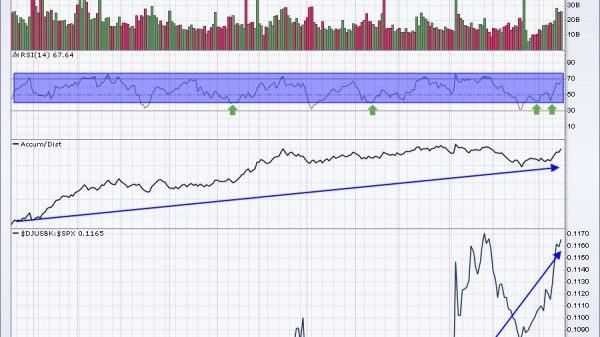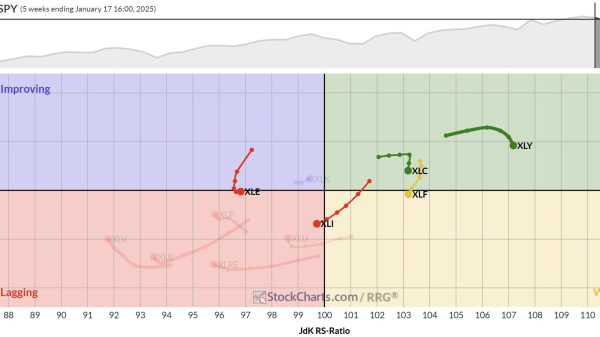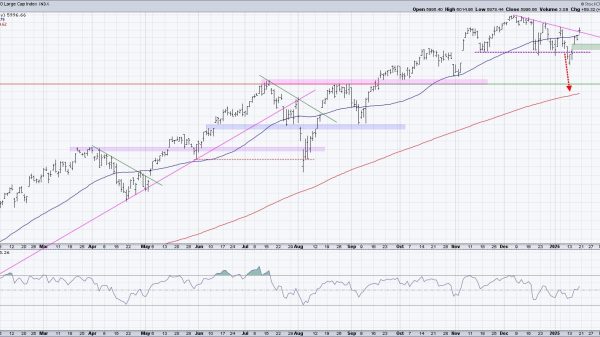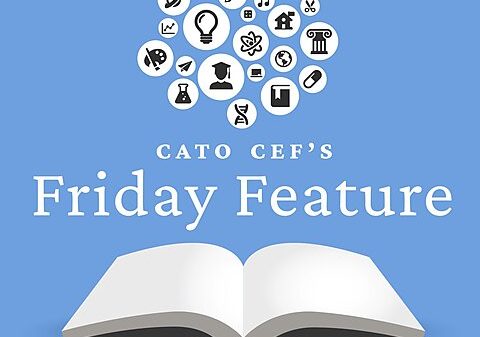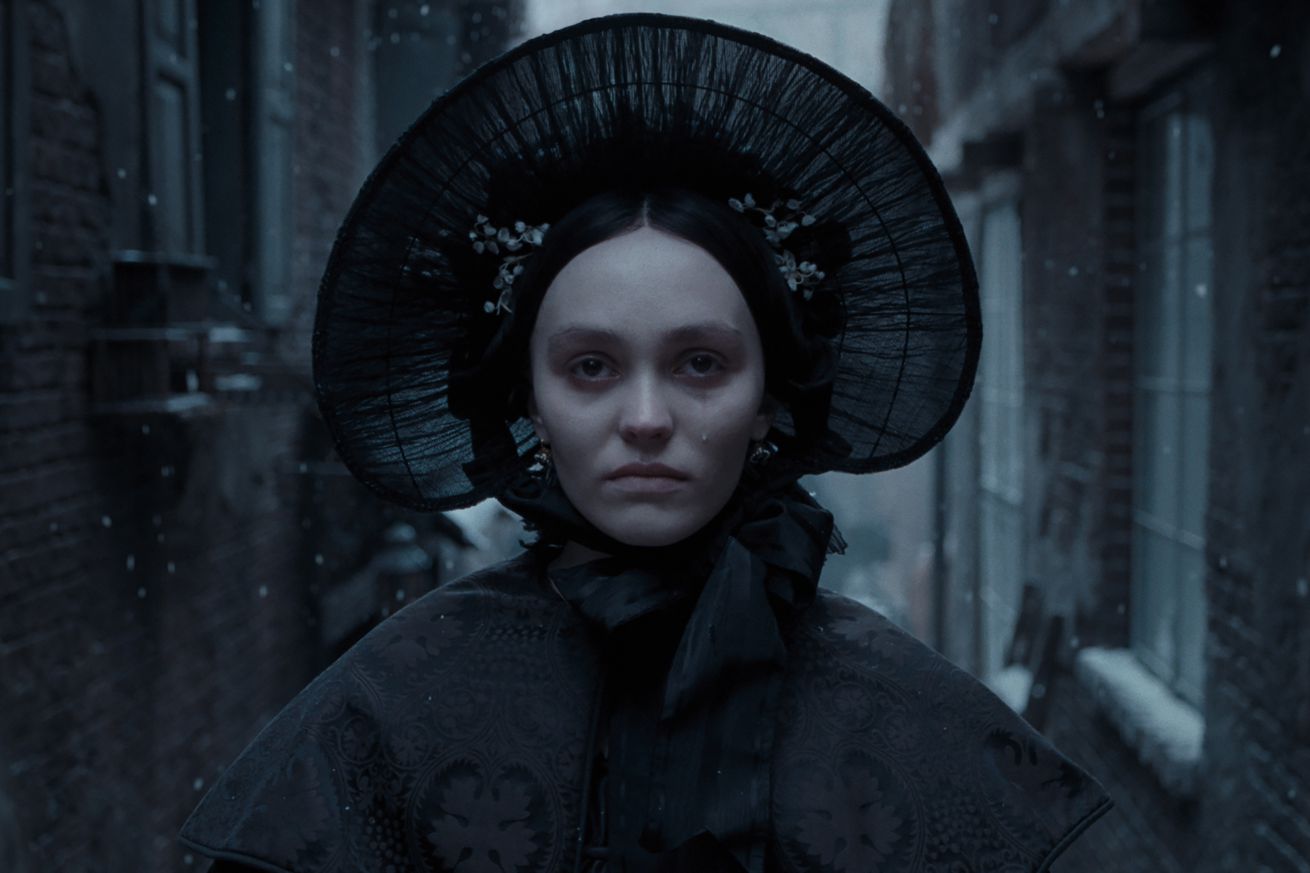
Robert Eggers’ Nosferatu gets at the heart of what makes vampires an eternally fascinating fixture in our sexual imaginations.
Even if you haven’t seen F.W. Murnau’s original Nosferatu or read Bram Stoker’s Dracula, those stories have undoubtedly shaped your ideas about vampires. They weren’t the first tales about undead ghouls rising from the grave to suck the blood out of the living. But by presenting their monsters in such wildly innovative ways, they became a blueprint from which countless subsequent tales took inspiration. Writer / director Robert Eggers knows that his Nosferatu remake would be hard-pressed to scare audiences who cut their teeth watching a multitude of Draculas and demon hunters menacing one another on the big and small screens.
But rather than trying to work around that obstacle with experimental riffs on vampire lore, the new film accepts it as fact while inviting you to imagine what it might have felt like to experience this kind of disturbing story for the first time when they were new. You can feel Eggers working to conjure an atmosphere of psychosexual dread, and you can see him using modern filmmaking techniques to create haunting visuals evocative of early 20th century cinema. Though it cleaves very close to the original while incorporating elements from other vampire classics, this Nosferatu puts far more focus on the interiority of its central heroine as she grapples with her deep-seated longing to be taken by an avatar of death.
“Vampire” is not a word that many people are familiar with in Nosferatu’s depiction of 19th century Wisborg, Germany, but after years of being tormented by psychic visions of a shadowy presence, Ellen Hutter (Lily-Rose Depp) is no stranger to living in fear of the supernatural. Despite her constant feeling of being misunderstood, Ellen’s days are filled with joy thanks to her realtor husband Thomas (Nicholas Hoult) and best friend Anna Harding (Emma Corrin). But Ellen’s nights of sleepwalking through her deathly quiet mansion are harrowing because of the way a mysterious voice from within beckons her to give in to her darkest, most unsettling desires.
Even when Ellen is awake, she can sense that somehow, somewhere, something is watching and waiting for an opportunity to make her its own. No matter how much Ellen insists that danger is afoot, though, all her loved ones can see is a woman on the brink of a mental breakdown. It’s much easier for Thomas and Anna’s husband, Friedrich (Aaron Taylor-Johnson), to dismiss her fears as symptoms of a wandering uterus rather than consider whether there might be more to her premonitions. It’s even hard for Anna — a mother to two young girls — not to assume that Ellen’s troubles are rooted in the fact that she and Thomas have no children of their own. But Ellen and the sinister voice in her head both know that, while sex is definitely on her mind, having kids is not.
Nosferatu’s depiction of Ellen is one of the clearer examples of Eggers combining aspects of the 1922 film and Stoker’s novel to create a new take on the character that feels both true to the source materials and deeper than the sum of its parts. The movie presents Ellen as the kind of woman who, even without her visions, would still feel smothered by the misogynistic social norms of her era. Ellen’s powers are an innate part of who she is, as is the way they often send her into fits of moaning that, to onlookers, read as explicitly orgasmic.
Ellen struggles to remember or articulate much of what she experiences during her nocturnal premonitions. But Nosferatu spells it out plainly as it first shows you how Transylvanian Count Orlok (Bill Skarsgård) is the one calling out to her through their seemingly inexplicable telepathic connection. The mechanics of Ellen and Orlok’s bond is another detail that Eggers has retooled just enough to make it work as a point of intrigue. It’s obvious that this is a film about a vampire who wants to sink his teeth into an unsuspecting woman’s flesh. But Nosferatu cleverly leaves you wondering how, exactly, Orlok first came to know about his latest target.
/cdn.vox-cdn.com/uploads/chorus_asset/file/25795094/NOSFERATU_FP_00215_R21731091344.jpg)
Establishing that link early on adds a delicious layer of dread to Nosferatu’s story as Thomas’ presence is requested in Transylvania, where he’s meant to assist an “eccentric” nobleman purchase a new home. We can see that Orlok is orchestrating some kind of elaborate plan to insert himself into Ellen’s life, but what’s fun is the way none of the film’s characters have any frame of reference cluing them in to the fact that they’re dancing through the motions of a classic Dracula period piece like Tod Browning’s 1931 adaptation.
Contemporary horror movies about people who don’t know standard horror movie beats are frustrating because they pull you out of the fantasy. Eggers previously worked around that by focusing his films on characters planted firmly in times when their fears of the surrounding world and their own feelings could give rise to creatures they had never seen before. This Nosferatu is doing something similar, but because its story stays so true to the original, it also feels like Eggers is encouraging you to appreciate it as a thoughtful remake rather than a film trying to reinvent vampires.
This becomes clearer as Nosferatu shows you more of Orlok’s ability to project his shadow across Europe to menace Ellen with promises of untold pleasure. On a technical level, it’s clear that Eggers is creating scenes that Murnau could have only dreamed of, but you also get the sense that this is exactly the kind of alarming energy that made Max Schreck’s Orlok so frightening when he first appeared onscreen. To that end, this Nosferatu works hard to make you feel Orlok’s presence more than it actually tries to show you what he looks like as his plans begin taking shape. He’s lurking in Ellen’s mind but also in Thomas’ fears that he might not be able to satisfy his wife’s needs.
/cdn.vox-cdn.com/uploads/chorus_asset/file/25795082/NOSFERATU_FP_00119_R1730836863.jpg)
Skarsgård’s Orlok is skincrawling once the film gets around to fixing the camera squarely on his face, but much of the count’s essence is channeled through the way Depp and Hoult inhabit Ellen and Thomas. Ellen vacillates between terror, shame, and arousal to make you feel exactly what kinds of designs Orlok has. And Thomas’ guileless confusion when he encounters clearly supernatural things speaks volumes to Orlok’s ability to misdirect his unsuspecting victims.
While Nosferatu isn’t trying to shock you with its plot or gory deaths, it does want to impress you with its arresting visuals. We’ve seen Eggers work in black and white before, but the way Nosferatu frequently shifts into a near-monochromatic palette of blacks and blues is a brilliantly artful trick evocative of blood draining out of a face in fear. Those moments help make Nosferatu feel like a uniquely inspired presentation of vampires as beings of darkness. But beyond their aesthetic beauty, they also highlight the extent to which Eggers has crafted Nosferatu as a tribute to films from Murnau and Browning.
It’s rare to see a remake that so effectively celebrates its predecessors while also realizing its own distinct vision, but that’s what is going to make Nosferatu an instant horror classic when it hits theaters on December 25th.
Nosferatu also stars Willem Dafoe, Ralph Ineson, and Simon McBurney.

